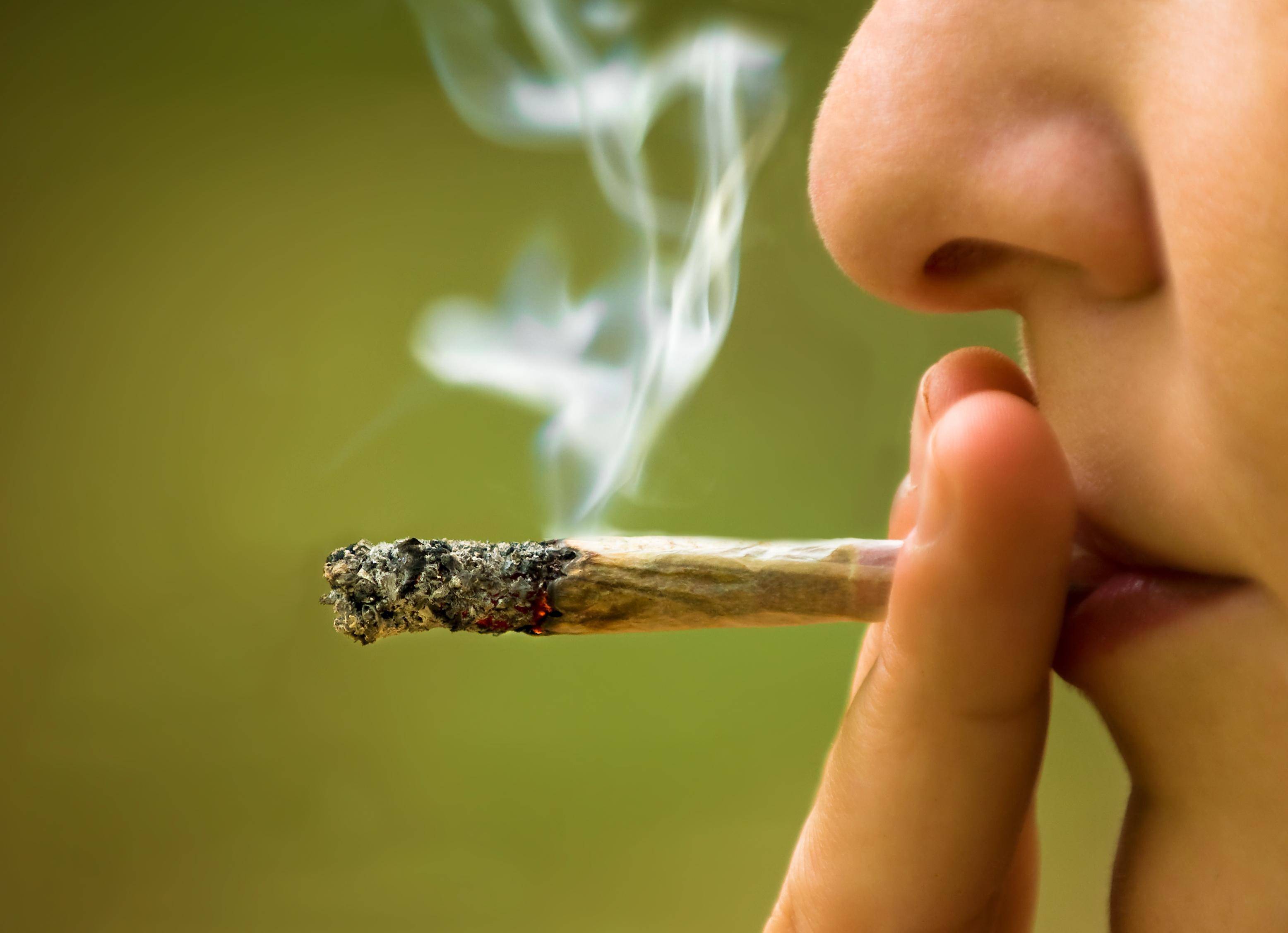UTD study finds connection between sleep, memory and marijuana use
As public support for marijuana decriminalization grows in North Texas, new research is shedding light on the drug’s impact on sleep and memory.
In a recent study published in The American Journal of Drug and Alcohol Abuse, researchers at the University of Texas at Dallas found that adults with cannabis use disorder tended to experience poorer sleep than those without the condition.
They also performed more poorly on tests assessing visuospatial memory, or the ability to retain and process information about an object’s appearance and location.
“What this paper does is provide a bridge between the two things†— sleep and memory — “and helps establish that perhaps some of the memory impairment associated with cannabis use is indeed due to poor sleep quality,†said Christopher Verrico, an associate professor of psychiatry research at Baylor College of Medicine, who was not involved in the study.
The study also underscores the many unknowns surrounding marijuana’s impact on the human body and the need to be cautious when using it, said Ashley Garling, a clinical assistant professor at the University of Texas at Austin College of Pharmacy who was not involved in the study.
A cashier rings up a marijuana sale, July 1, 2017, at a cannabis dispensary in Las Vegas. (John Locher / AP)
In a 2022 survey of more than 27,000 people between ages 16 and 65 in the U.S. and Canada, almost half reported using cannabis to help with sleep. In another survey, commissioned by the American Academy of Sleep Medicine in 2023, a quarter of Americans reported occasionally or regularly using pot to help them stay or fall asleep. And parents with children under 18 living at home were more likely than nonparents to use marijuana as a sleep aid — 30% versus 19%.
Whether marijuana actually helps you fall asleep isn’t clear. Some studies and surveys suggest it doesn’t improve sleep while others suggest it might, particularly in people with conditions that interfere with sleep like chronic pain.
Additionally, the two main active ingredients in marijuana — delta-9-tetrahydrocannabinol (THC), a psychoactive chemical that makes you feel high, and the non-psychoactive cannabidiol (CBD) — influence sleep in different ways. Low doses of THC may improve sleep while higher doses may disrupt it. The opposite is true for CBD.
Studies have shown that long-term marijuana use can impair cognitive function depending on what age someone starts using. A 2016 study tracking over 3,000 middle-aged adults over two decades found that for those who used pot for more than five years, their verbal memory was worse compared to those who used marijuana less often. A 2018 study found that young people who used marijuana frequently were more likely to score slightly lower on memory tests and not do as well at learning new information and higher-level problem solving compared to their non-using peers. A separate 2018 study found cognitive performance among young cannabis users improved when they stopped using.
But studying marijuana’s effect on both memory and sleep had not been done before, said Francesca Filbey, director of the University of Texas at Dallas’ Cognitive Neuroscience Laboratory of Addictive Disorders, who led the new study.




No comments yet
Be the first to share your thoughts!